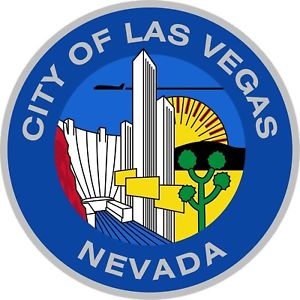2017 #Catalyst4Change Finalist
DAVID CERVANTES
Las Vegas Municipal Court – Las Vegas, Nevada

Originally the Las Vegas Municipal Court expended extensive time to manually capture work hours completed by individuals performing community service or work program (community service in lieu of payment) hours. Each time a record was to be entered or updated Court staff was required to identify the defendant and work site, manually enter hours worked, and import the hours into the Court’s case management system (CMS).
Prior to the implementation of this program, the process involved manual distribution and collection of time sheets to defendants, entry of hours worked, and staff compliance monitoring of court orders. This required worksite attendees to maintain manual logs of defendants’ attendance, document check-in/out times, calculate hours worked, and verification of timesheet accuracy. Worksite attendees were also responsible for the time-consuming task of resolving discrepancies.
With the new system, at initial signup, the individual is assigned to a worksite and given a Specification Sheet which shows a scanned image of the individual’s driver’s license, the assigned worksite, hours the site is open, the total hours ordered and a unique QR Code. Defendants are scanned in/out of the worksite using the Specification Sheet and a mobile device with the TimeStation® application.
As part of the Court system’s nightly process the interface retrieves hours worked from the application and uploads the information to the defendant’s case record. Defendant’s no longer need to make a personal appearance every month to submit work hours completed. Additionally, information on defendant compliance with court ordered community service and work program hours requirements are available and up-to-date in the courtroom the next day.
This new process has freed up clerical time by reducing the number of defendant visits and the need for manual data entry. In addition, the fast-scan technology runs in the cloud, resulting in minimal cost and no software or servers to maintain.
The automation helps improve defendant compliance by timely reporting of work hours, eliminates the challenge of dealing with fraudulent timesheets, eliminates the need for clerk data entry, and improves the accuracy in reporting work hours. The process also provides a higher level of customer service by allowing defendants to avoid the need to travel to the courthouse and stand in lengthy security lines. Defendants no longer have to track timesheets or worry about losing records of time worked, and they can search online for balances and/or hours completed. The ability for defendants to track and review their own hours over the internet has resulted in an additional reduction in the volume of calls to the court call center, allowing staff to focus on additional compliance related issues.

